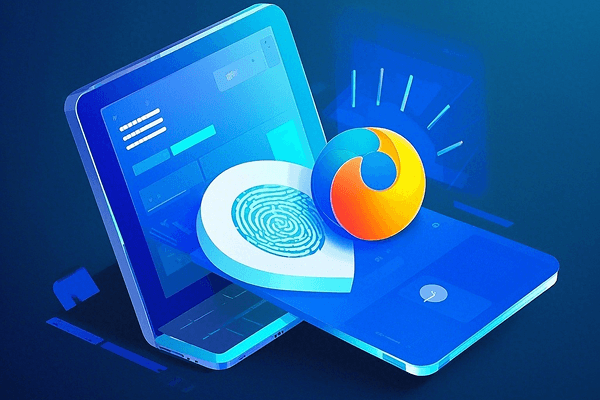
Hot Picks
How to run Facebook ads in 2025? Ideas

Hot Picks
How to promote on Amazon? Sharing various promotion methods

Hot Picks
Choose BitBrowser for fingerprint browsers, and look for the only official website: bitbrowser.cn
Which is better, a virtual machine or an anti-detection browser?
Time: 2023-08-16 18:23 Click:
Now that you've warmed up your profile by googling some random stuff on the internet for the past few days, you've finally started signing up for Google, Facebook, Amazon, eBay, Yandex, or whatever else you're planning to do. But before you officially start, you should consider a way to hide yourself. Once your income increases, you should use a virtual machine or a method in an anti-detection browser to protect your privacy on the Internet.
What is a virtual machine?
A virtual machine is just an emulation of a real PC like yours, or a platform on which you can execute programs that are not native to your operating system. While it may require some special software or even hardware, at a user level it's fundamentally indistinguishable from your own computer experience. You can use other programs or the entire operating system on it simply by connecting to it. A virtual machine works like a regular application in the host operating system. It maintains a process: you create it once you start running the application, and then wipe it when you exit. In short, it provides a completely self-contained environment that allows you to use programs on any platform. Probably the best example of a process virtual machine is the Wine software that Linux users use to run Windows applications.

For all the advantages virtual machines may offer you, they are far more complicated to use than anti-detection browsers. Of course, you can use these tools to create multiple accounts - after all, you're basically actually using a computer with another IP address and device fingerprint. But it will be more expensive and difficult to manage. Not to mention, these tools also require more technical knowledge.
Bitbrowser anti-detection browser, users can create multiple browser configuration files in anti-detection browser. The fingerprint parameters in these files can be customized and changed as needed, hiding the user's actual browser fingerprint. Each browser profile is equivalent to an independent device, which operates independently and has no data association. When using the website, of course, the real identity of the user cannot be determined, achieving true anonymity.

 Multi-Account Management
Multi-Account Management Prevent Account Association
Prevent Account Association Multi-Employee Management
Multi-Employee Management



